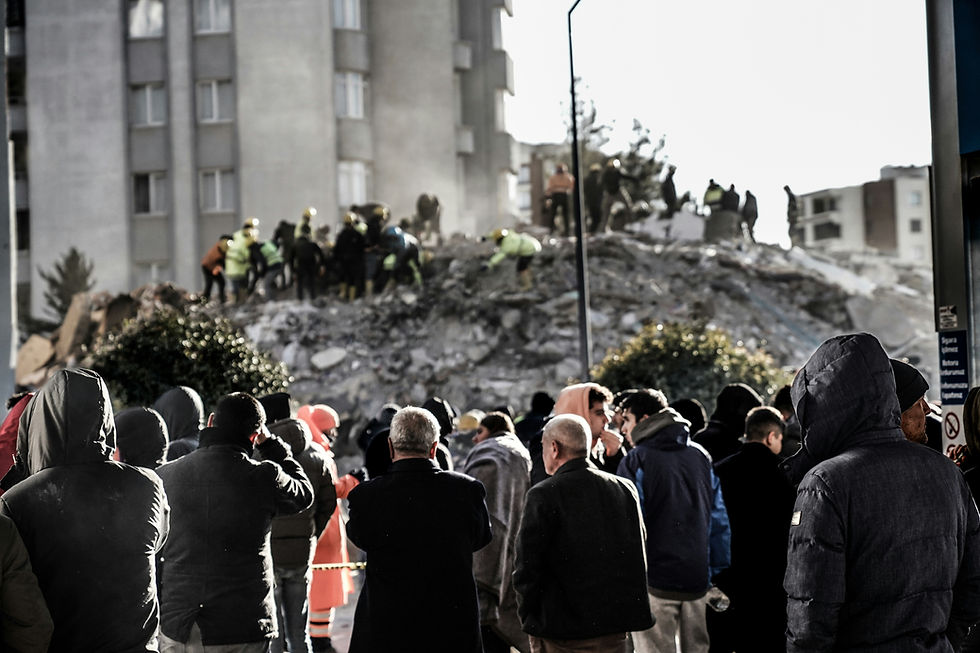Diplomatic Crisis and Recognition of Edmundo González: A Hot Debate in Spanish Politics
- Alejandro

- Sep 15, 2024
- 2 min read
Today, Spanish politics is at the centre of an intense debate, marked by the diplomatic crisis with Venezuela and the pressure from the Popular Party (PP) for the Government to recognise Edmundo González as the legitimate president of Venezuela. This situation has generated a climate of tension both in the political and diplomatic spheres, with implications that could affect relations between Spain and the regime of Nicolás Maduro.

The Spanish Government's Reaction
Foreign Minister José Manuel Albares is faced with a delicate balance. While the PP is stepping up its demands, the government is cautious about the possibility of formal recognition of González. This dilemma is further complicated by recent statements by the Minister of Defence, Margarita Robles, who described the Venezuelan regime as a dictatorship, leading Maduro to summon his ambassador to Madrid and threaten to break off diplomatic relations.
The PP's Strategy
The leader of the PP, Alberto Núñez Feijóo, has raised the tone of his speech, accusing the Government of inaction and of not adequately defending Spain's interests abroad. During his visit to Greece, Feijóo reiterated the need for a clear position on the situation in Venezuela, suggesting that González's recognition could be a way of putting pressure on Maduro and strengthening Spain's international image.
The Response of Sumar and Other Parties
On the other hand, from the Sumar party, its spokesman Íñigo Errejón has criticised the PP's position, arguing that its interest in the Venezuelan situation is rather an attempt to erode Sánchez's government. Errejón has emphasised that what is crucial is the will of the Venezuelan people, suggesting that both González and Maduro should not be considered winners without a clear popular mandate.

Implications for the Political Future
This debate not only reflects the tensions between Spanish parties, but also raises questions about Spain's role in international politics and its ability to influence critical situations such as Venezuela. PP pressure could lead to a change in the government's strategy, which could have repercussions on bilateral relations and on the perception of Spain in the global context.
In conclusion, the current situation highlights the complexity of Spanish politics, where decisions on the recognition of foreign leaders are not only diplomatic issues, but are also deeply intertwined with the country's internal dynamics. Today's session promises to be just the beginning of a debate that could define the course of Spanish foreign policy in the coming months.



Comentários